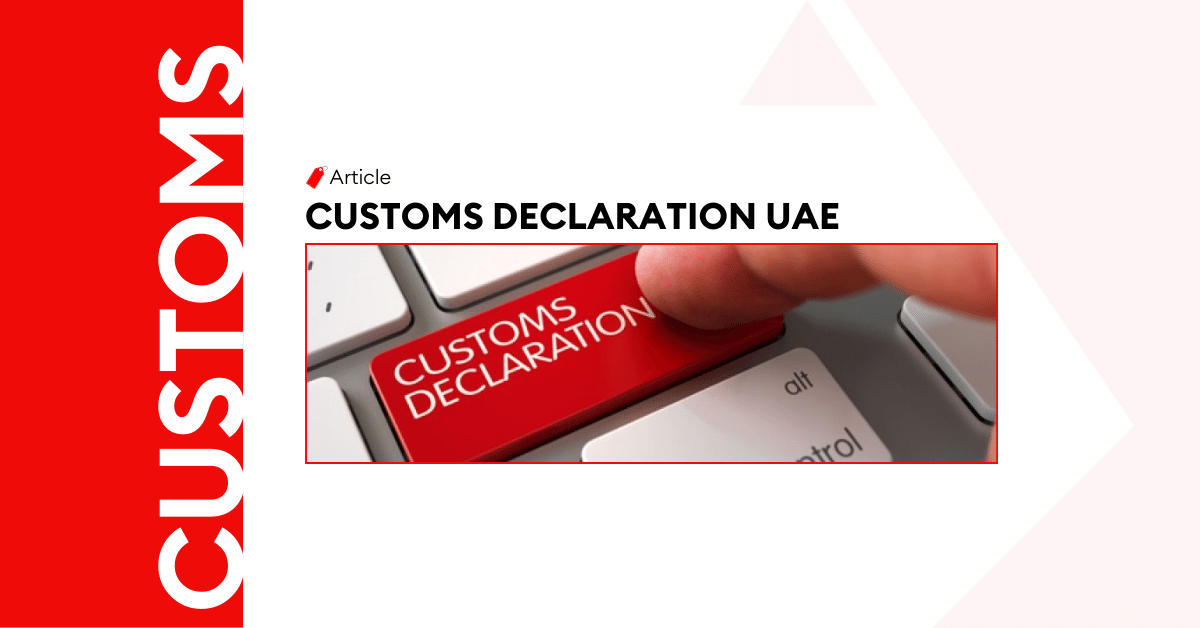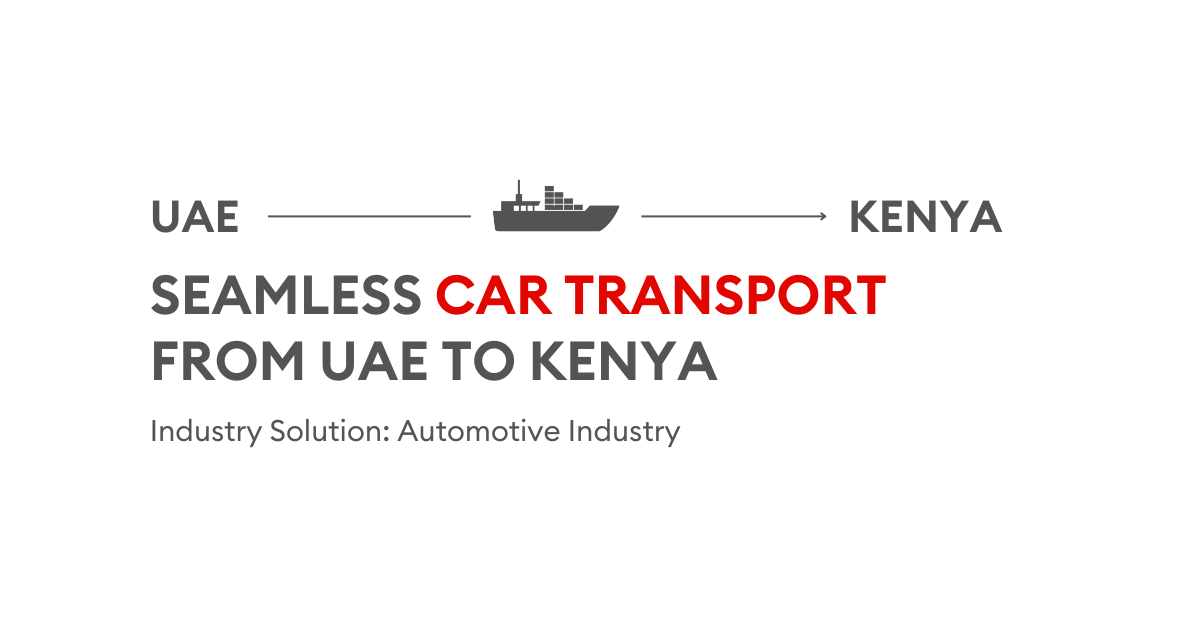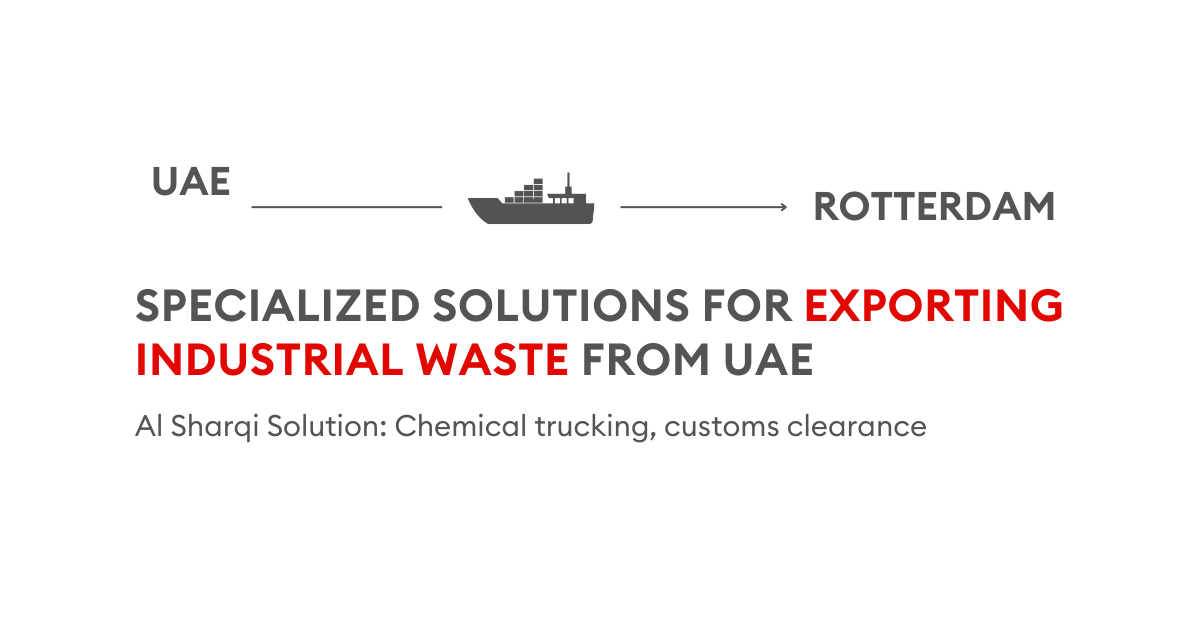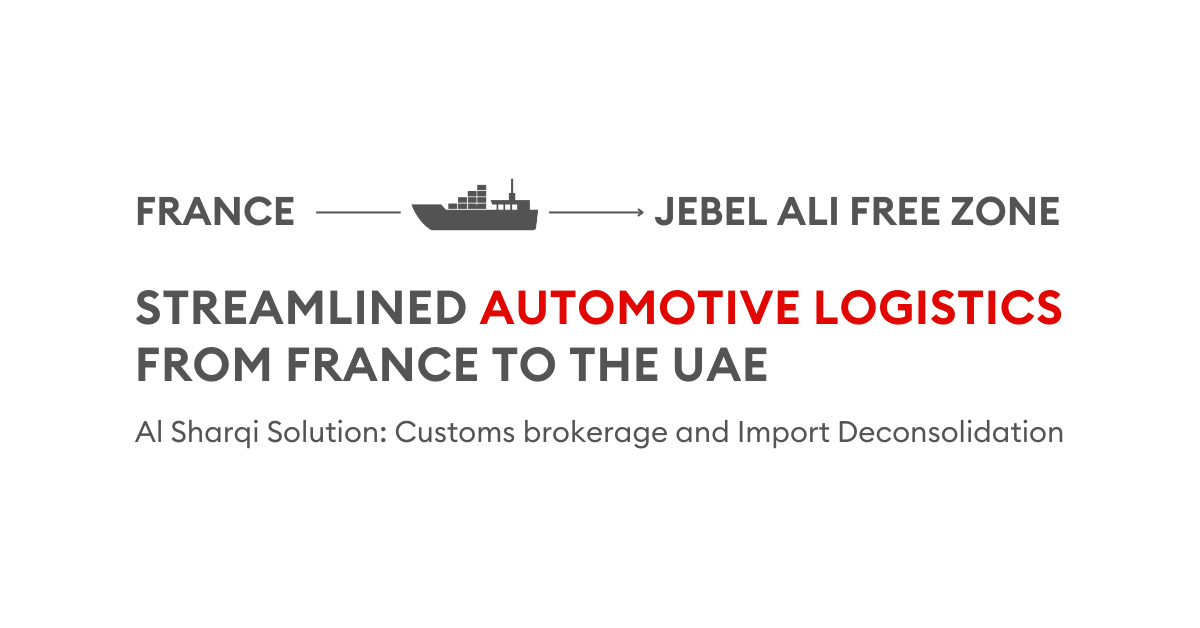
Guide to Special Procedures in Customs Declaration Filing UAE
For companies requiring the import of goods to carry out essential business operations, the obligations of paying duties and taxes for Customs clearance can be quite costly.
However, if you are looking to save expenses while importing and exporting the commodities your business needs, then you should take advantage of certain procedures when submitting a Customs declaration.
In this article, we discuss six special procedures of filing goods with Customs authorities, when to use them, and the advantages they provide to your business.
Special Procedures Involved In Customs Declarations
Customs special procedures are special management and operation procedures that you can employ when exporting goods to a certain Customs destination. That is, a destination under Customs administration and control.
In many countries of the world, there is the possibility of using any one of these special procedures in suspending import duties while using, processing, or repairing goods. In some cases, these special procedures can also allow a company to get partial or even full relief from imposed duties and taxes.
In terms of benefits, special procedures enhance economic activity significantly by facilitating the import/export process. Just as well, understanding these special Customs procedures is rather straightforward.
Note, though, that you need to apply for authorization from the relevant Customs authority. The process of authorization could take up to 6 months to complete. Then, all you need to do is be willing to comply with and adhere to special requirements as determined by the Customs authority.
Some of these requirements are;
- Keeping records of stock balances in real-time
- Providing adequate reporting to the Customs authority
Customs Warehouse or Bonded Warehouse
Customs or bonded warehouses are privately or state-owned premises for producing, reserving or utilizing goods. Usually, this warehouse-type is situated within an area registered and controlled by relevant Customs authority.
Only imported goods are stored in a Customs or bonded warehouse. And these goods are exempted from duties, taxes, and any other Customs charges while in storage. That is until they are taken out of the warehouse.
This procedure of storing goods in a bonded warehouse is profitable to companies operating distribution centers, especially when dealing with goods expected to spend a longer period in storage. So, there are the options to pay the duties to distribute the goods or whether to re-export them.
Inward Processing or Import for Re-Export
This special procedure exempts goods that are imported into a country with the intent to re-export for international trade and consumption.
Typically, these goods may undergo manufacturing, processing, preservation, or repair. Examples of such goods are raw materials and intermediate products.
Using this procedure is profitable for companies that import raw materials from around the world for their production processes.
Outward Processing
As the name suggests, the outward processing procedure is the opposite of inward processing.
With this procedure, Customs duty relief is provided on goods that are exported or sent abroad for processing and repair and then imported as processed products.
When these products are then distributed, Customs Authorities do not charge taxes or duties based on the value of raw materials but on the value-added abroad. Else, duties will be paid for producing in the home country as well as according to the value-added abroad.
Temporary Admission or Carnet
Under temporary admission, goods can be imported into a country for a temporary period, usually not more than a period of 24 months (or 2 years).
The relief from Customs duty or tax may be total or partial. This procedure is often applied to goods used in events such as tradeshows, sports events, art exhibits, and music festivals.
End of Use Relief
The end of use (end-use) relief ensures import duty is reduced or eliminated on goods meeting particular criteria. The distributed goods must be put to a particular use or consumed within a given period of time.
A key fact is this special procedure applies only to certain tariff codes. These HS codes are unique to goods utilized in the aerospace, shipbuilding, and defense industries.
Temporary Storage
Companies are permitted temporary storage to stock up goods in Customs-controlled warehouses for up to 90 days without fulfilling the required duty or tax obligations.
Often combined with the transit procedure, it affords companies the time to obtain relevant import documentation for the goods or clarify the intended use or purpose of the goods.
Examples of Goods Allowed Under Temporary Storage
The following goods are permitted temporary entry and storage into the UAE:
- Heavy machinery and equipment for completing projects or performing activities related to the projects,
- Foreign materials needed to finalize manufacturing and processing of goods,
- Items specified and receiving approval for use in exhibitions, playgrounds, theaters, and similar events,
- Machinery and equipment imported for repair operations,
- Containers and packing materials for refilling and distribution,
- Animals admitted for the purposes of grazing and treatment,
- Commercial samples for exhibition, and
- Other goods designed for specific purposes and admitted on a case-by-case basis
Generally, Customs duty does not apply to goods imported into the UAE and scheduled for re-export within six months. The only requirement is a deposit or bank guarantee equivalent to the applicable Customs duty to be submitted and registered.
After re-exporting is completed, submitting relevant proof ensures a refund or return of the deposit or bank guarantee. Note that Customs duty is imposed on all goods that remain in the UAE beyond the six-month period.
Conclusion
Importing and exporting goods is usually an expensive operation to undertake, especially for small businesses. Sometimes, though, it is essential to source raw materials for production, host particular events, and foreign trade.
That’s why Customs Special Procedures exist; to make the whole process cost-effective by suspending or eliminating import duties and taxies in relevant situations.
Understanding and utilizing any of these special procedures ensures your business gets significant value on duty costs while importing goods. This will, in turn, provide a positive impact on the company’s bottom line and the economy as a whole.
Our customer service team is happy to assist you with planing your next booking.

Related Articles
Handling Used Car Imports and Re-Exports from UAE to Kenya | A Case Study
Tagline:Expert Customs Handling and Secure Ocean Freight Summary Our client required a seamless and
Specialized Solutions for Exporting Industrial Waste from UAE | A Case Study
Tagline: Ensuring Compliance and Efficiency in Chemical Logistics Summary Managing the export of Bul
Consolidation and Deconsolidation in Jebel Ali for Automotive | A Case Study
Tagline: Streamlined Customs Brokerage and Import LCL Deconsolidation Summary In the dynamic landsca







Post a comment
You must be logged in to post a comment.